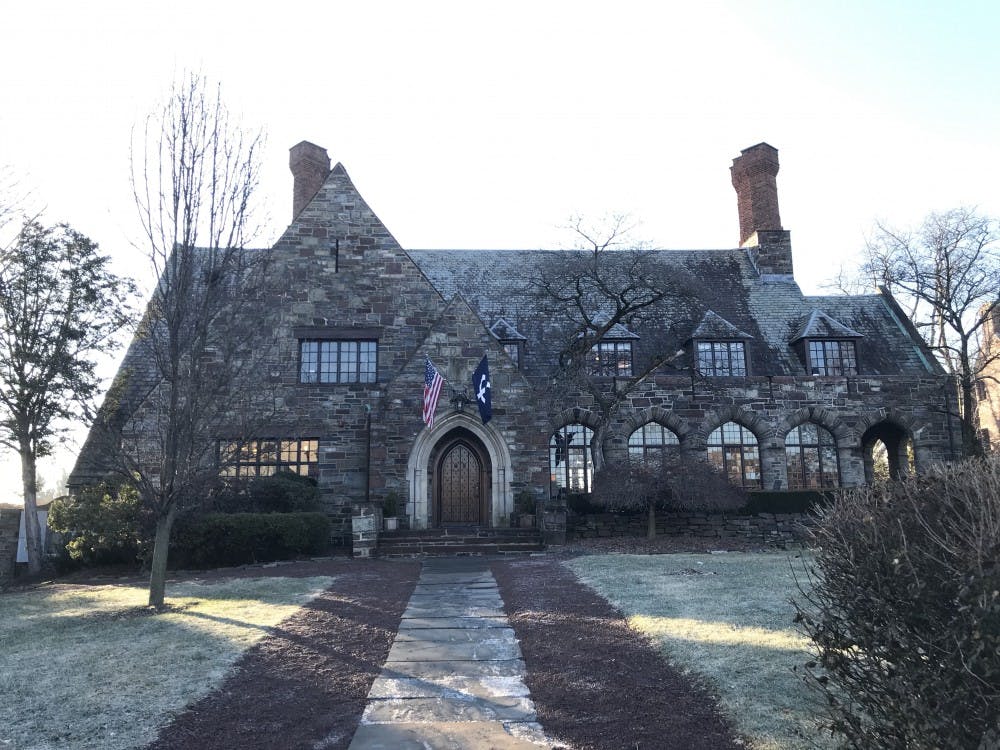It’s the beginning of another year: doe-eyed frosh and self-assured seniors alike flood campus, bringing it to life. New friends are made, old friends are greeted, and everyone indulges in the buzzing excitement of being back again. In years past, at this point, many people would be heading to the eating clubs for a weekend of festivities and partying known as “Frosh Week.” Though technically the Interclub Council (ICC) policy has always stipulated that first-years are not allowed into the clubs during orientation period, this has never been actually enforced until this year.
Starting with the Class of 2023, the ICC and Office of Campus Life came together to officially ban frosh from attending Frosh Week activities, in the hope that it would lead to safer choices and fewer students sent to McCosh Health Center or Princeton Medical Center (PMC). Although the intentions are commendable, and in theory it seems like banning frosh would solve the problem by helping them make responsible decisions, in reality this is not the case. This is because banning frosh from Frosh Week does not actually teach incoming students how to make the correct choices for themselves.
Rather, the policy is patronizing and ineffective, as many students have heard of frosh sneaking their way into clubs anyway. As this past Frosh Week has shown, many first-year students continue to enter the clubs — only this time, it’s no longer openly and honestly, but deceitfully, as most of them make it in by borrowing older students’ proxes or relying on connections. Inadvertently, this ban has encouraged people to sidestep the rules and find alternative ways to get into the clubs.
Furthermore, by disallowing frosh into clubs, yet not being able to keep all of them out, the ban ultimately fosters an unhealthy air of mystery and builds a toxic notion of exclusivity, which is a severely detrimental long-term issue. Typically, the frosh that find ways to sneak in are those who know upperclassmen, who are on a team, or who know the “right people.” This leaves those without “connections” feeling isolated and somehow less capable than those who go to clubs. First impressions are important, and these early feelings of exclusivity and status can easily carry on throughout their Princeton careers, adding to the already elitist atmosphere which exists on campus.
Even not entering clubs does not guarantee that first-years will not drink. Many will still drink privately, which can be even more dangerous than partying at an eating club because there are few to no people around to watch them.
The ban is not a true solution to helping first-years make responsible decisions around alcohol. It only lasts for Frosh Week, and the University cannot keep frosh out of the clubs forever — it is much more important that first-year students are able to make good decisions for themselves, without constant oversight.
Of course, the University currently implements an online course called AlcoholEdu which is meant to educate frosh. This course is a good start, but it is not Princeton-specific enough to be sufficient. First-years will still be curious for real answers of “what it’s like.” Oftentimes, small-group orientation experience leaders (OA, CA, etc) will choose to have constructive and candid discussions with their frosh. This is far preferable to a ban — it is more personal and will allow frosh to learn how to navigate the eating clubs in a responsible way from students who have done it before. In addition to these conversations, the University can continue to put more effort into “outcompeting” the eating clubs: by providing truly fun events as an alternative to Frosh Week, such as this year’s Welcome Carnival and Food Truck Social, so that first-years don’t feel left out.
The ban on first-year participation during Frosh Week produced the negative side effects of encouraging dishonest behavior and supporting an air of elitism. Instead, the University should have adopted a different approach, by focusing on alcohol discussions within small-group orientation experiences, while at the same time spending more energy on enjoyable alternatives to Prospect Avenue.

Siyang Liu is a junior from Princeton, N.J. She can be reached at siyangl@princeton.edu.









